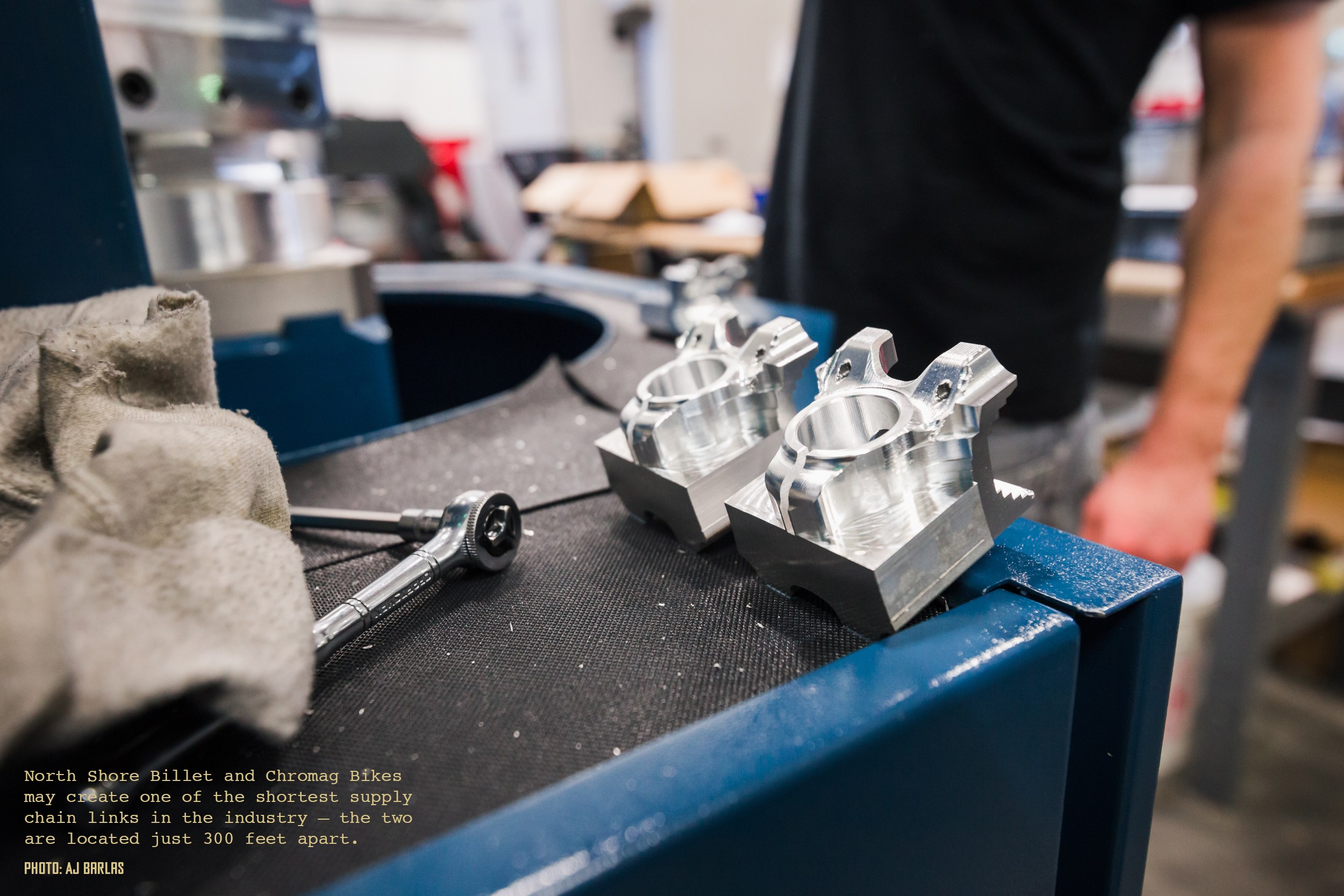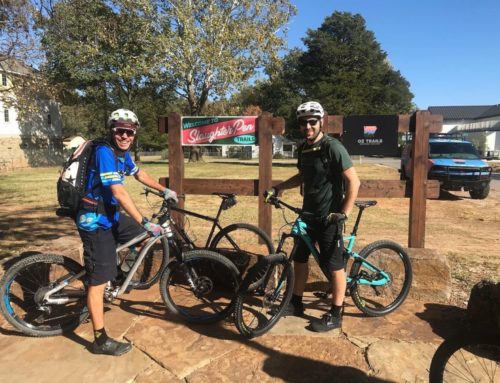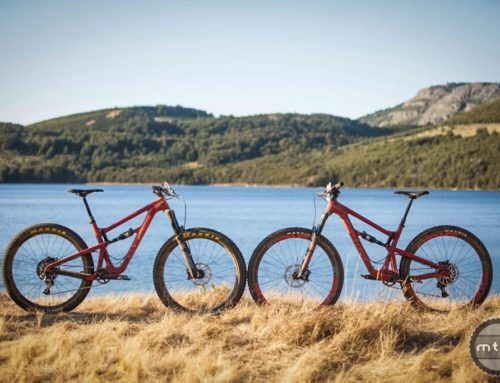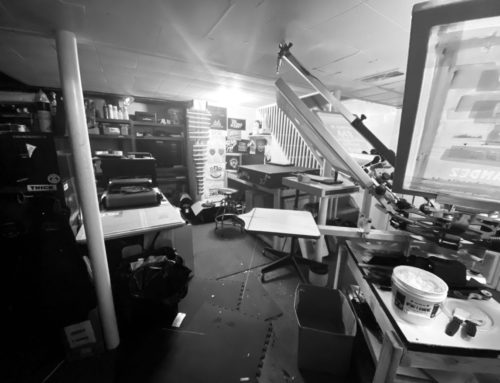This story is the fourth installment in our five-part series examining the intersection of climate change and mountain biking. In it, we explore how climate change is affecting the places and people of our sport, and likewise turn the lens on ourselves as a contributing factor in one of the greatest challenges of our time.
North Shore Billet’s floor glitters with aluminum shavings like the tinsel on a Christmas tree, and it’s apt for a mountain biker: we love shiny new stuff more than just about anybody. Standing next to owner Chris Allen, I watch CNC machines buzz as half-a-dozen young guys mill blocks of alloy into stems, seat collars, and other cycling sundries that’ll eventually make hordes of riders smile. For my part, I’m excited to witness one of the shortest links possible in the supply chain. Once these products are carved and ready, they’ll travel an entire 300 feet into the hands of Ian Ritz, right next door at Chromag—a cult Canadian steel hardtail and parts company likewise based in Whistler, British Columbia.
This small scene of friends making things for friends, parked under fairy tale mountains, harkens a time when every company was manufacturing right around the corner from its storefront. It’s a romantic ideal, probably even more so because bicycle manufacturing’s moved almost entirely overseas in the last 20 years. And, if like me, you’re worried about the climate, our bikes being welded en masse in a faraway land with dubious human rights and environmental records is intuitively troubling. But the truth, as I’ll learn, is far more complex than my intuition knows.
[continued...]









